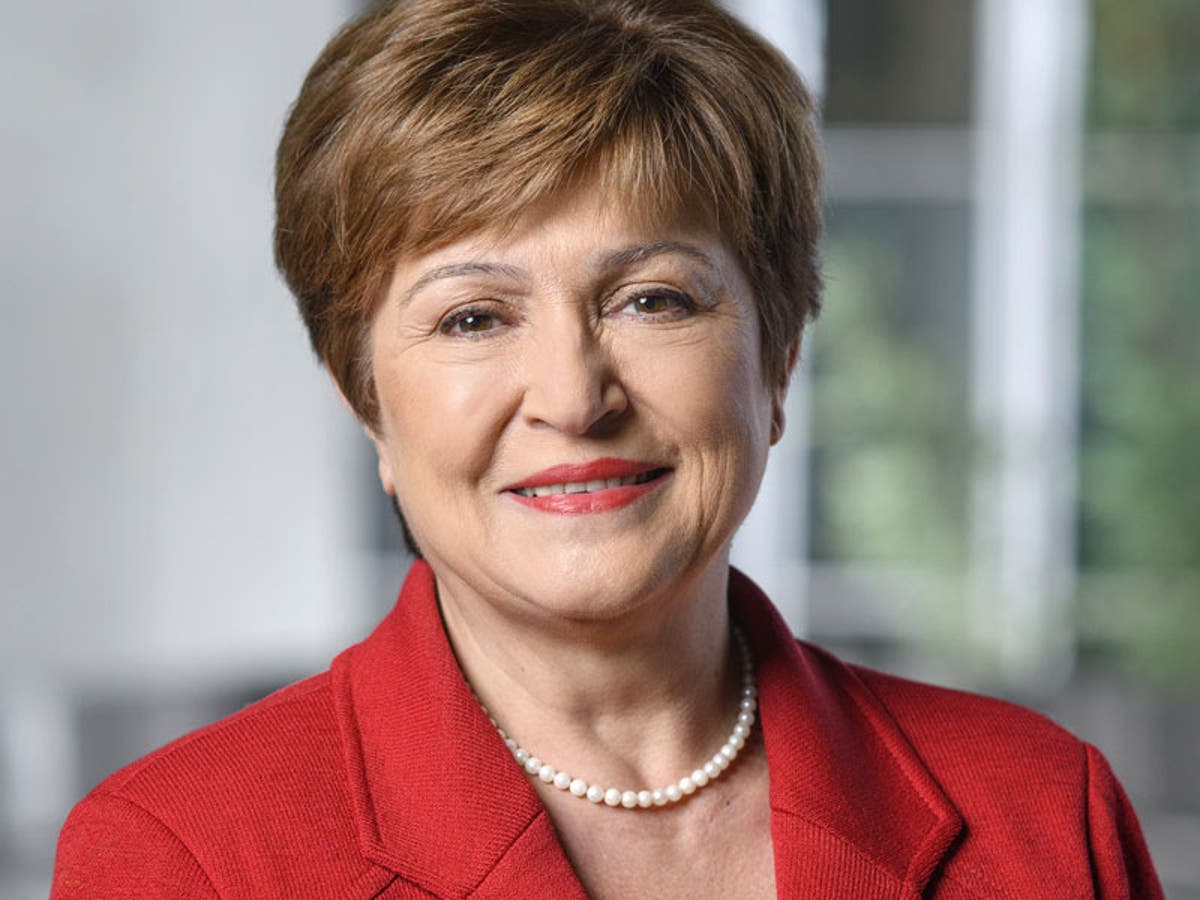IMF Supports Digital Money for Cheaper Cross-Border Payments and Remittances
The Managing Director of the International Monetary Fund (IMF), Kristalina Georgieva, has called on governments and individuals to adopt digital money for “faster, easier and cheaper” remittance and cross-border payments. Georgieva said this at a virtual workshop on how digital money can facilitate remittances. At the meeting, she spoke extensively on the potential of decentralised money to increase remittance flows to developing countries and “reshape cross-border payments”.
The IMF boss’ call came on the heels of the historic disruption of the traditional payment by digital currencies. The disruption is considered a major threat to traditional payment channels.

Georgieva said the adoption of digital currencies as an option for sending and receiving money is a “revolution” that leaves many countries with little or no choice. “Last October, The Bahamas launched the Sand Dollar, the world’s first central bank digital currency. Many other economies are exploring their pilot programmes. Other forms of digital money, such as privately issued stable coins, are increasingly being used for cross-border payments. We are witnessing a revolution in digital money that could make remittances easier, faster and cheaper,” she said.
Read also:Covid-19 More Devastating Than Global Financial Crisis Says IMF/World Bank Report
According to her, a cheaper remittance transfer would help poor households across the world to cope with the impacts of COVID-19 and the danger “we face from growing divergence across countries”.
Divergences in access to vaccines, in recoveries from the pandemic and access to a digital future, she noted, are key challenges the world must find a smart way to address, stressing that remittances have always played a key role in improving the lives of people in developing economies and supporting economic activity.
“As we look for ways to address the challenges of economic divergences across countries, we need to use every tool we can to support those most affected by the pandemic. And with the risk of a growing digital divide between rich and poor countries, we must also ensure that all countries benefit from the latest innovations in digital money and payments, particularly remittances,” she said.
Read also:South African Government Encourages Businesses to Market to Africa’s Population
The IMF chief executive said that “new forms of digital money could provide a parallel boost to the vital lifelines that remittances provide to the poor and to developing economies”.
She said the right frameworks are required for peer-to-peer transfers of central bank digital currencies or privately-issued stable coins, which “could lead to shorter payment chains, faster transactions and more competition among remittance providers”.
She said the biggest beneficiaries would be vulnerable people sending small value remittances: those most at risk from being left behind by the pandemic.
Georgieva added: “With such digital disruption, however, also comes risk. We can address the risks posed by digital money by focusing our efforts on three areas. First, new forms of money must remain trustworthy. They must protect consumers, be safe and anchored in sound legal frameworks, and support financial integrity.
“Second, domestic economic and financial stability must be protected by carefully designed public-private partnerships that underpin the provision of digital money, including fair competition. Third, frameworks should be geared toward ensuring the international monetary system remains stable and efficient.”
Read also:WemTech Spring 2021 Program for African Women in Technology and Engineering Calls for Applications
She said the world must do everything to build a payment system that works for all countries and avoid a “digital divide”. She suggested that reserve currency configurations and backstops would necessarily evolve smoothly.
The IMF, she noted, would offer itself as a transmission line of best practices, capacity building and policy development as the world transitions into a decentralised money era. “With our mandate to safeguard monetary and financial stability, the IMF has an important role to play in supporting our members to deliver on these priorities, and we are ramping up our capacity. In doing so, we will continue our close collaboration with key stakeholders – including the Financial Stability Board, the Bank for International Settlements, the World Bank and industry players and each must leverage its comparative advantages,” she said.
Kelechi Deca

Kelechi Deca has over two decades of media experience, he has traveled to over 77 countries reporting on multilateral development institutions, international business, trade, travels, culture, and diplomacy. He is also a petrol head with in-depth knowledge of automobiles and the auto industry



